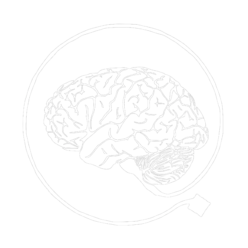Chris Tucker (College of William and Mary)
Introduction
Just as theory of representation is deficient if it can’t explain how misrepresentation is possible, a theory computation is deficient if it can’t explain how miscomputation is possible. You might expect, then, that philosophers of computation have well-worked out theories of miscomputation. But you’d be wrong. They have generally ignored miscomputation.[1] Worse still, when it hasn’t been ignored, it’s been conflated with malfunction of a computing mechanism. Piccinini claims that “if the [computing] mechanism malfunctions, a miscomputation occurs” (Piccinni 2015a, sec 2.5; 2015b: 122). Fresco and Primiero make a similar mistake: “When a [computing] system fails to accomplish the purpose for which it was designed, a miscomputation can be identified” (2013: 257).
Miscomputation is a special kind of malfunction. If the battery dies, a system may fail to compute what it is supposed to compute. But it’s not miscomputing, because it’s not computing at all. Just as something doesn’t misrepresent unless it represents, something doesn’t miscompute unless it computes. To miscompute is to compute in a way that violates a computational norm.[2] Consequently, an adequate account of miscomputation requires an account of what the system is computing when the system is violating the relevant computational norms. I argue that providing this account is easy for the computational individualist, but hard for the computational externalist.
Computational individualism is the claim that the computations a system performs are individuated narrowly. In other words, if we hold the laws of nature fixed, then a system’s computational structure supervenes on its physical structure. This view entails that neither a system’s environment nor its role in some larger system affects its computational structure.[3] Its denial is called computational externalism. Computational externalism is the dominant position on computational individuation,[4] but do not confuse it with content externalism. I assume, for the sake of the paper, that content externalism is true. It does not follow that computational externalism is true. Causal connections to water can affect the content of our thoughts, even if they can’t affect the computational structure that underwrites those thoughts.[5]
In §1, I briefly present Piccinini’s mechanistic theory of computation and argue that it can be combined with individualism. In §2, I show that this individualist, mechanistic theory easily accounts for miscomputation. In §3, I argue that externalism has difficulty accounting for miscomputation. Continue reading Miscomputing Individualistically: It’s the Only Way to Do It
